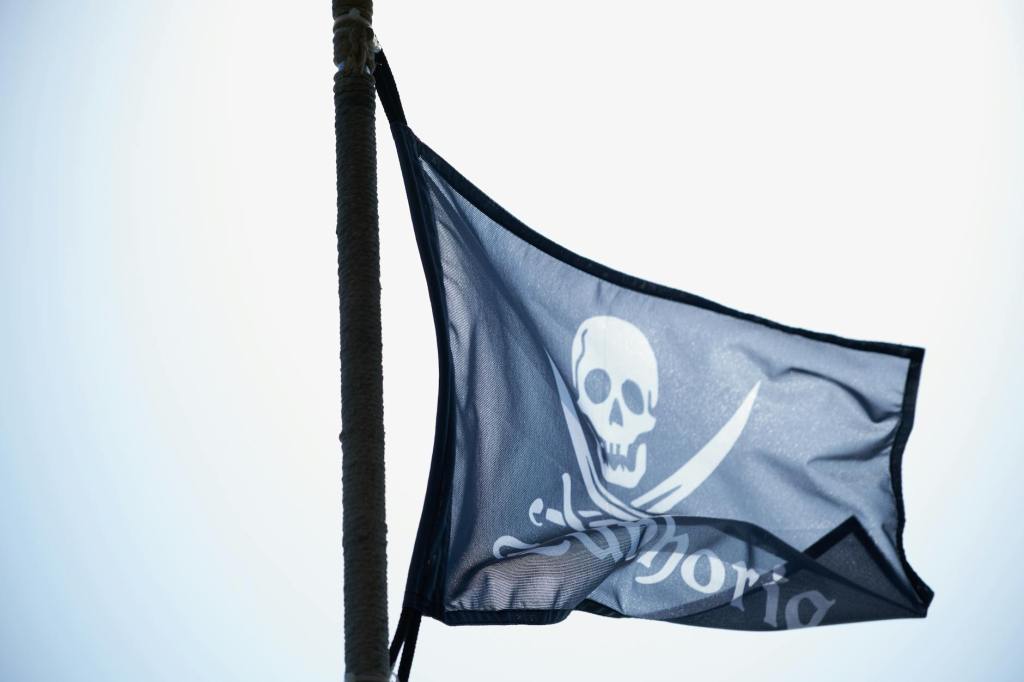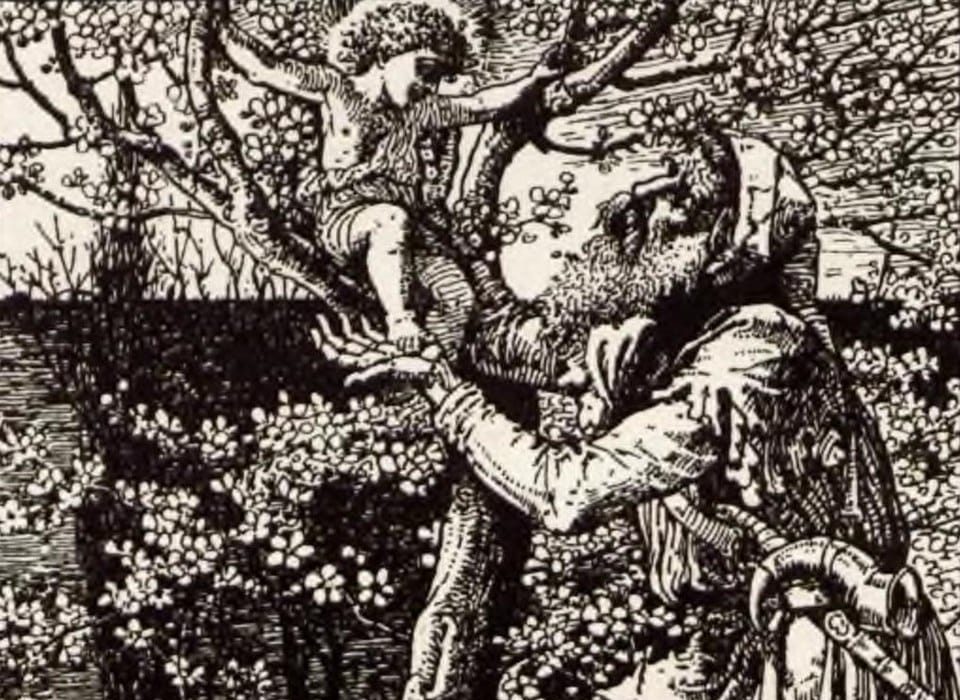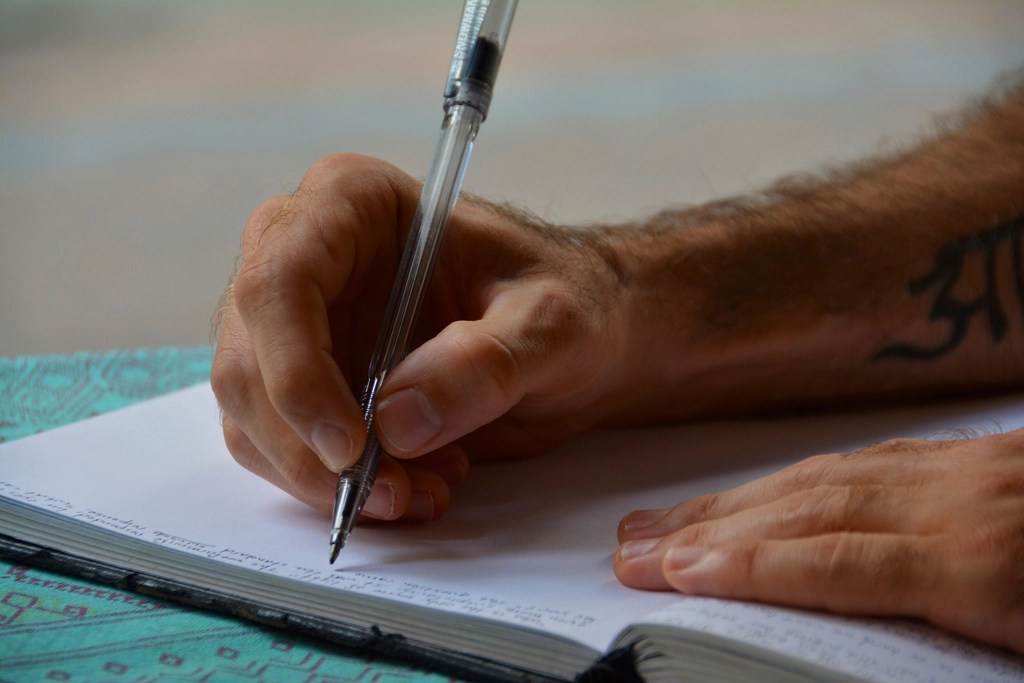In Treasure Island by Robert Louis Stevenson, we get a good idea as to what pirating looks like according to the author. Much of it is ne’er-do-well behavior and much of it is also unsavory behavior. Long John Silver, for instance, is a liar and a conman who is very much in league with a sordid sort, and is looking to murder those who get in his way. Such is the life of a pirate.
But is this what a pirate was really like? In the book, it seems much of their time has been spent plodding and planning, but there is much more to the life of a pirate than what has been presented to us already. In this post, we are going to look at the life of a pirate during the Golden Age of Piracy. We will analyze the era, the life of a pirate, and some misconceptions in today’s post.
The Golden Age of Piracy
The Golden Age of Piracy occurred between 1690 and 1730, and it was a time when pirating was at an all time high. As World History states, “Although not all historians agree on the precise time frame, it is generally applied to those pirates who operated in the Caribbean, the east coast of America, the eastern Atlantic, and the Indian Ocean” (Cartwright).
The major players of this era included Sir Henry Morgan, Captain Kidd and Blackbeard. Moreover, pirates came from all over the world and from “every maritime country of Europe,” and “a good number of sailors were African” (Jenkins). Later, real-life pirates even appeared in and around The Great Lakes in the US.
Life of a Pirate
When considering how a pirate starts their life, we have to consider that many of them were young sailors that figured out stealing was easier than working on a ship night and day. Sometimes, “pirates were made,” which means that upon capture during a “raids or battles,” individuals were forced to work on a pirate ship as a servant or slave (Fields).
Many pirates came from a variety of social classes. If you consider the amount of pirates that came from backgrounds as sailors, you can understand where this information is coming from. “…Major Stede Bonnet, who was a wealthy plantation owner in Barbados before he outfitted a ship and became a pirate in 1717….” (Minister).
When thinking about day-to-day activities, pirates were often working on their ship and searching the horizon for possible victims. When boats were captured by pirates, the pirates themselves would look for “grain, molasses, and kegs of rum” and top of gold and silver.
Much of the ill-gotten gains would be spent on “‘women and booze’” states National Geographic, but there were rules to follow. “Indeed pirates did follow codes. These varied from ship to ship, often laying out how plundered loot should be divided or what punishment should be meted out for bad behavior” (Lovgren). Esprit de corps seemed to be the name of the game with pirating.
Continuing, pirates were not pirates for very long. Many of the most famous pirates only lasted a little while at sea, such as Blackbeard, and many of your humdrum pirates aboard a vessel either called it quits, became injured, or died.
Misconceptions
There are many things about pirates that society may get wrong no doubt due to modern media’s portrayal of life at sea. For example, the Pirates of the Carribean film series has its heroes searching for buried treasure and walking the plank. Both of these things are conjurations of a more modern society.
Treasure Island is responsible for many pirate myths (even though William Kidd allegedly buried some treasure en route to New York to turn himself in to authorities). As some sources state, pirates would not “abandon their booty, no matter how well hidden it was,” and this was mostly so they could sell it as quickly as possible to spend their reward (Ward).
Additionally, walking the plank appears to be a fabrication as there is little evidence this has every occurred. As stated by Wired: “Pirates’ preferred means of punishment was keel-hauling, which meant tying their victims to a rope and dragging them under the ship” (Blum).
Conclusion
A pirate’s life was a complicated affair. It seems that many pirates either left a profession or did a lateral move from sailing in order to find better opportunities more quickly. In Treasure Island, the pirates aboard the Hispaniola have been at it for a long time, having been pirates under the volatile Captain Flint and Billy Bones. In letter sections of the novel, we will see some pirate folklore come to life and we will also see some of the realities of pirating come to fruition.
Works Cited
Cartwright, Mark. “Golden Age of Piracy.” World History Encyclopedia. Oct. 12, 2021. Web. https://www.worldhistory.org/Golden_Age_of_Piracy/
Jenkins, John Philip. “Piracy.” Britannica. Jan. 25, 2024. Web. https://www.britannica.com/topic/piracy-international-law
Fields, Kittey. “The Life of a Pirate: What They Ate, What They Did for Fun, and More!” Owlcation. Nov. 22, 2023. Web. https://owlcation.com/humanities/The-Life-of-a-Pirate-What-They-Ate-What-They-Did-For-Fun-and-More
Lovgren, Stefan. “Grim Life Cursed Real Pirates of the Caribbean.” National Geographic. July 11, 2003. Web. https://www.nationalgeographic.com/history/article/grim-life-cursed-real-pirates-of-caribbean?loggedin=true&rnd=1706527561870
Minster, Christopher. “10 Facts About Pirates.” ThoughtCo. Feb. 28, 2021. Web. https://www.thoughtco.com/facts-about-pirates-2136238
Ward, Alvin. “10 Misconceptions About Pirates.” Mental Floss. Sept. 13, 2022. Web. https://www.mentalfloss.com/article/71320/10-misconceptions-about-pirates
Blum, Matt. “Pirates: A Reality Check – 9 Pirate Myths Examined.” Wired. Sept. 17th, 2000. Web. https://www.wired.com/2008/09/pirates-a-reali/





Leave a comment